Inclusion of Mix, Groot Aub in Windhoek ‘overambitious’ – Adams
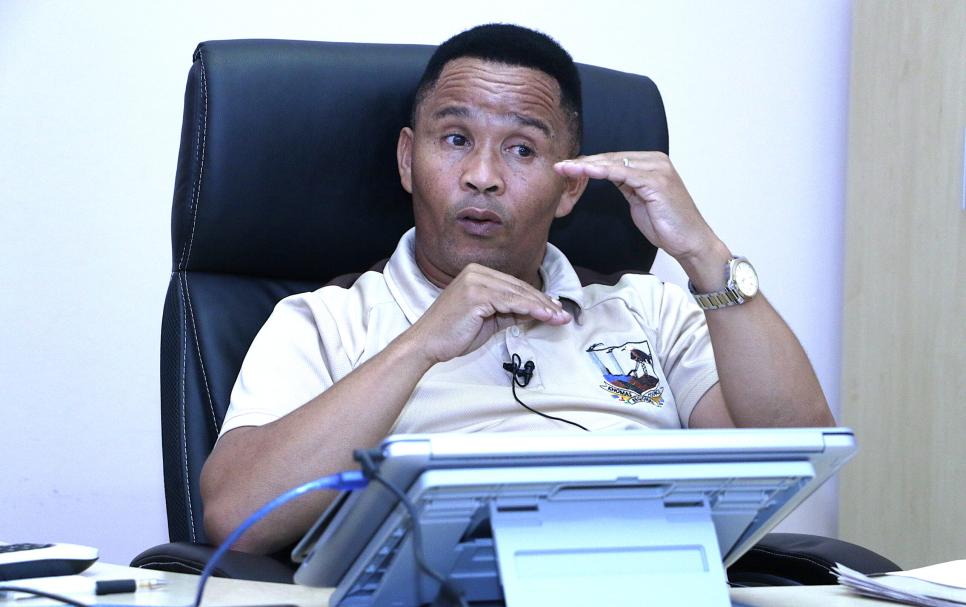
Windhoek Rural Constituency, Regional Councilor Piet Adams has detailed ongoing development initiatives while calling for stronger cooperation between government institutions.
Speaking, candidly, to Confidente this week, Adams emphasised that the Regional Council and its individual councillors are steadfast in their promise of service delivery.
However, he raised serious concerns over the extension of the City of Windhoek’s boundaries by a 70-kilometer radius, a move that incorporated communities such as Mix and Groot-Aub into the Municipality of Windhoek. Adams criticised the decision as “overambitious and not well thought through,” arguing that it has hindered development efforts and created confusion due to overlapping mandates between the Khomas Regional Council and the City of Windhoek.
He pointed to overlapping responsibilities between the Khomas Regional Council and the City of Windhoek as a major stumbling block for service delivery, particularly following the controversial expansion of the city’s boundaries. Despite these hurdles, the Constituency continues to push forward with key projects aimed at improving living conditions and empowering rural communities
He has reaffirmed his commitment to delivering services and driving development in the Khomas Region, despite facing major challenges linked to administrative overlap and land ownership dynamics.
“Each institution has its own role outlined in its respective acts. What is lacking is clear collaboration between these two important organs of governance,” said Adams.
Highlighting the need for urgent reform, Adams referenced the 2nd National Land Conference, which produced recommendations that remain largely unimplemented. He lamented that 90% of the land in Khomas Region is still owned by commercial farmers, and that all 121 constituencies across the country lack their independent development budgets.
Despite the obstacles, Adams lauded the establishment of local development structures, made possible by the Decentralization Enabling Act. Through active local development committees, needs are identified and directly communicated to the Constituency Office. Adams chairs the Constituency Development Committee, ensuring that residents’ voices are heard in decision-making processes.
“We believe in participatory democracy, and we urge residents to get involved rather than sitting on the fence,” he stressed.
Key Developments
According to Adams, the Windhoek Rural Constituency has made substantial progress through several projects. This includes the drilling and rehabilitation of boreholes for localities such as Hond Ingaan, Nauaspoort, Satanslocht, Areb, and Stinkwater.
The area has further seen the installation of rural toilets in most localities with exception Mix and Groot-Aub.
“A pilot project successfully converted dry toilets to flushing toilets at Verdruk-Saamstaan, while Dordabis achieved 100% rural toilet accessibility,” Adams said.
He further revealed that minor capital projects such as; the renovation of ablution facilities at Nicolaas Witbooi Memorial School to the tune of N$230,000, construction of a mobile clinic at Mix settlement valued at N$550,000, the upgrading of the Groot-Aub Sportsfield at the expense of N$1.3 million, as well as the procurement of a constituency ambulance worth N$1.3 million, and the purchase of textbooks for regional schools valued at N$2.1 million, plus the renovation of prison cells at Dordabis and Seeis have been proposed and are currently underway.
“In a show of community care, more than 150 elderly and vulnerable residents received winter blankets. The Back-to-School program has supported nearly 200 vulnerable learners from various local schools with uniforms, shoes, and school bags over the past three years,” Adams said.
Income Generation, Rural Development
It has also emerged, during the conversation, that Small and medium enterprises (SMEs) in the constituency have been supported across sectors such as funeral services, catering, printing, and salon businesses, while some rural residents received assistance with livestock and greenhouse equipment to boost agricultural activity.
However, Adams did not shy away from criticising the National Resettlement Program, which he said predominantly benefits the elite.
“You need at least N$1 million in your bank account to qualify, which excludes the poor,” he noted.
Adams stressed the importance of collaboration over competition among institutions and called on the Central Government to prioritize rural development to curb urban migration. He expressed gratitude to partners like Hisa Namibia, UNDP, and NUST for their role in capacity-building efforts within the constituency.
He also applauded the Ministry of Home Affairs for helping more residents’ to access essential national documents.
In closing, Adams emphasized, “Rome wasn’t built in a day. Through collective efforts and deliberate investment in rural areas, we can build better communities and brighter futures for all.”
- 8 views


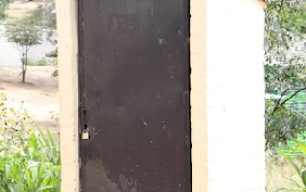
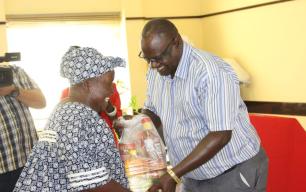
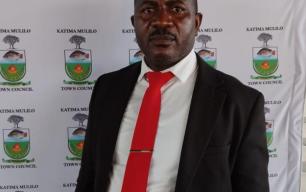
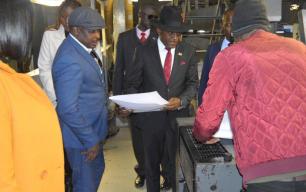

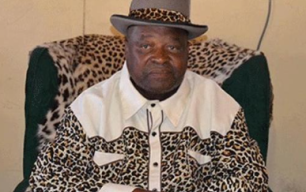
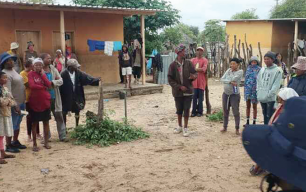
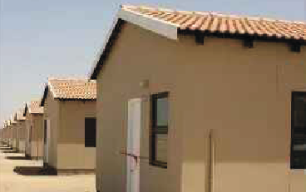
Comments